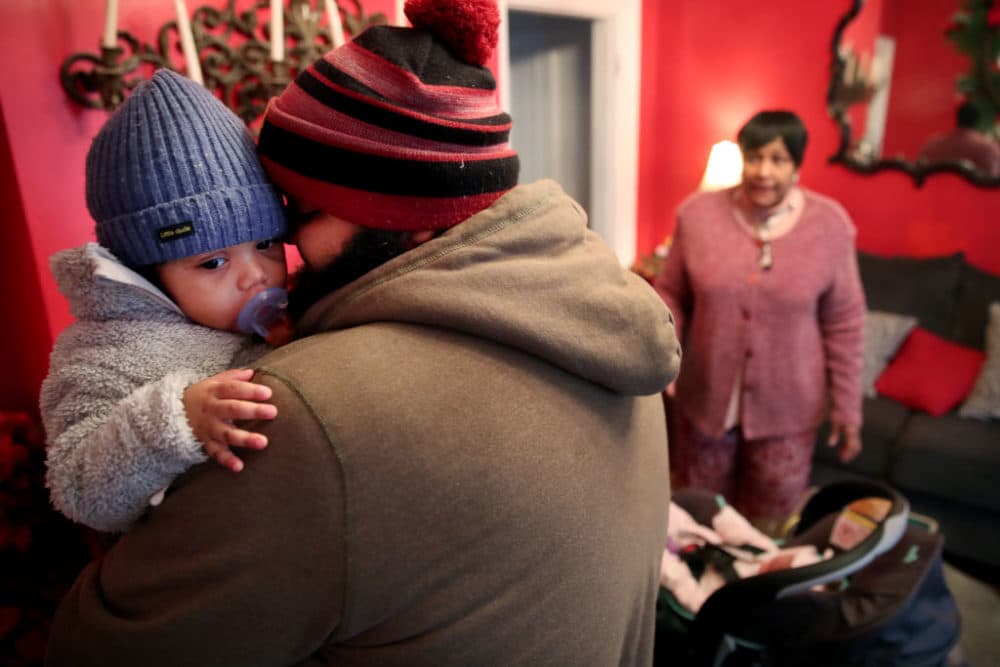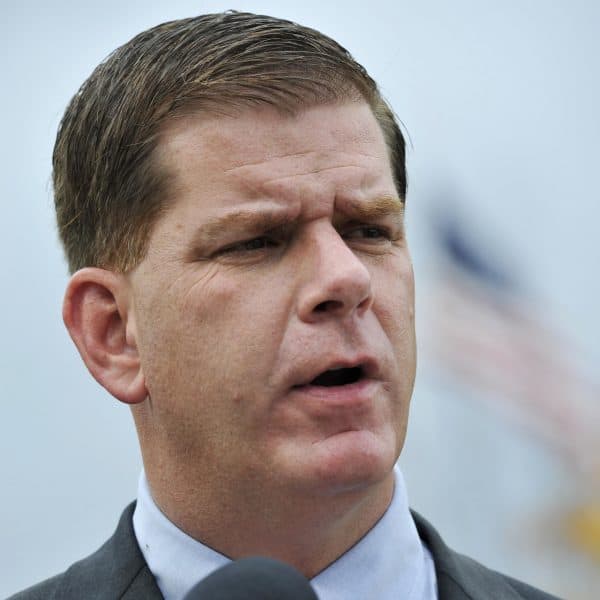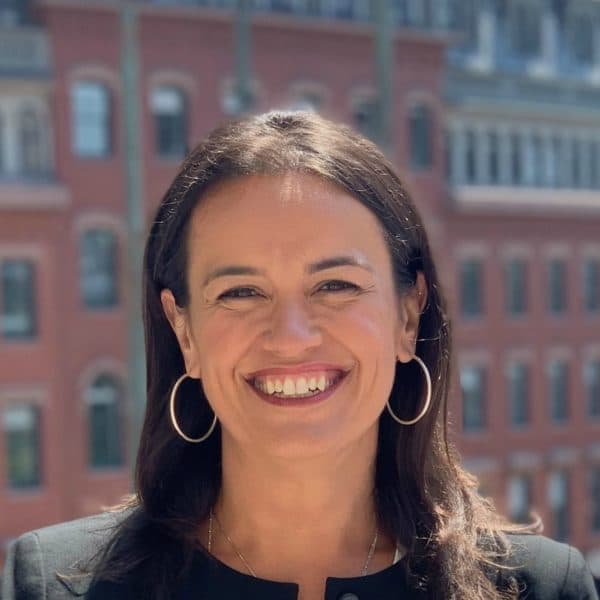Advertisement
Commentary
Boston’s Child Care System Is Collapsing. We Must Bail It Out

Jenny Vicente cares for children as young as 6 months old in her subsidized apartment in the South End through the state's Emergency Child Care Program, giving essential workers a safe place for their children to be while they work. But she's struggling to keep her business afloat and has fallen behind on her rent — despite financial help from the City of Boston's Resiliency and Childcare Entrepreneur Funds.
Vicente had to spend additional money to keep her Boston Housing Authority apartment safe for the children, including for personal protective equipment, extra staff and reconfiguring her child care space so each child has a separate area.
This year’s COVID closures show why child care is a critical piece of our economic infrastructure. Early educators not only provide children with the foundations of healthy development, but they also enable working families to strive for financial freedom, contribute to our economy and provide the essential services we all rely on.
Now, the system is collapsing. Boston alone has lost almost 5,000 seats, 23% of seats that were available before the pandemic, and it is not clear whether they will come back. This loss will have disastrous consequences for families and for our economy, as many parents will struggle to return to work even when jobs become available.
Boston alone has lost almost 5,000 seats, 23% of seats that were available before the pandemic, and it is not clear whether they will come back.
Early educators have propped up our economy for years, receiving little respect and low pay in return. It is time to bail them out and invest in an equitable future for them and the families they serve.
The commonwealth responded well in the early days of the pandemic. The Emergency Child Care Program provided free, quality child care for emergency workers in Massachusetts, allowing hundreds of workers in Boston to care for patients, feed our communities and keep our utilities running. The Boston Resiliency Fund went further by closing over $940,000 in funding gaps that remained for child care providers, to make sure they were not left destitute after putting themselves in harm’s way to care for the children of essential workers. The City of Boston's Childcare Entrepreneur Fund, Reopen Boston Fund and Small Business Relief Fund also awarded over $330,000 to child care businesses to support their reopening.
The situation is dire, and it’s time for the government to invest in child care with the same urgency as in other sectors, like airlines, oil companies and colleges. A federal response is critical, and we’re grateful for our senators in Washington who are fighting for $50 billion in funding for early education and care. We thank the state legislature for the historic investment in early education and care in the 2021 fiscal year budget and urge Gov. Charlie Baker to sign it.
We must get this right. Many child care providers were not able to access CARES Act relief due to red tape. Requirements such as having a business account, or filing excessive paperwork beyond what’s required for a child care license, shut them out. We need to make sure our programs are as flexible as possible and work for different types of providers, including center-based workers and also family child care entrepreneurs. When child care workers are primarily female (89%), mostly people of color (62%), and disproportionately immigrants (39%), like they are in Boston, this is a racial and gender equity issue.
When child care workers are primarily female (89%), mostly people of color (62%), and disproportionately immigrants (39%), like they are in Boston, this is a racial and gender equity issue.
Christine Bortotolotto, who owns a family child care in West Roxbury, had to take out a personal loan to make sure her business survives the pandemic. Her credit union did not participate in the Paycheck Protection Program -- the federal program designed to keep small businesses alive -- so she felt she had no other choice. Like other providers, she’s suffering from business closures and lower attendance rates.
In addition, many employees working from home are trying to do their jobs while care-taking full-time, and finding it impossible to balance. Women are bearing the brunt of this added burden and as a result, many have left their jobs. The gender pay gap is also widening. Federal, state and local governments must come together to save our child care system.
Early educators like Jenny and Christine can be key to the solution with the right support. We have an opportunity to rebuild the system so it comes out stronger after this crisis. We can redesign it with equity, to make sure every child is well-served, families have peace of mind and educators get paid a living wage. It will not be easy. It will take significant investment and political will. But it is the right thing to do if we believe in the future of our community.

